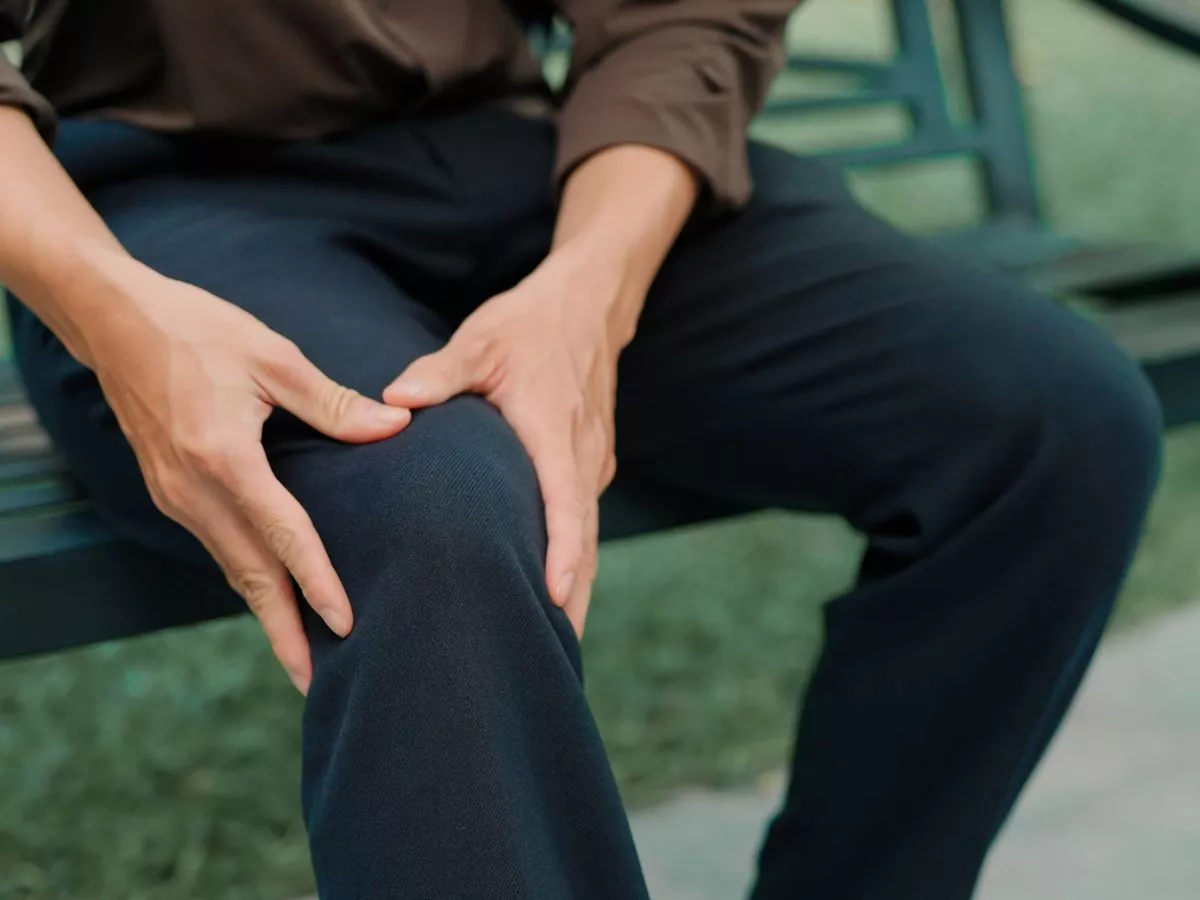By Levi Winchester Rory Poulter
Personal Independence Payment (PIP) is a benefit scheme intended for people requiring additional assistance with daily activities due to an illness, disability or mental health condition. The Department for Work and Pensions (DWP) pays up to 拢749.80 every four weeks under this scheme. Importantly, PIP is not an unemployment benefit, meaning you could be eligible even if you are currently employed. The amount of PIP you could receive depends entirely on how your health condition or disability impacts your life. There is no definitive list of conditions that qualify you for PIP. DWP data reveals that over one million adults with musculoskeletal conditions receive PIP, out of the 3.7 million total claimants. Musculoskeletal conditions refer to injuries and disorders affecting the body’s movement or musculoskeletal system, including muscles, tendons, ligaments, nerves, discs and blood vessels, reports the Mirror . PIP comprises two components – a daily living rate and a mobility rate – and you may be entitled to either or both. If you qualify for both the enhanced rate of the daily living allowance and the mobility allowance, you would receive 拢749.80 per month. Daily Living Mobility General conditions Osteoarthritis Chronic pain syndrome Inflammatory arthritis Crystal deposition disorders Osteonecrosis and osteochondritis Metabolic and endocrine disorders Genetic disorders, dysplasias and malformations Benign tumours of bone Fracture complications Regional conditions Shoulder disorders Elbow disorders Wrist and hand disorders Neck disorders Non specific back pain Specific back pain Hip disorders Knee disorders Ankle and foot disorders Amputations Injuries/fracture/Dislocation Other regional musculoskeletal disease
